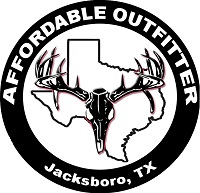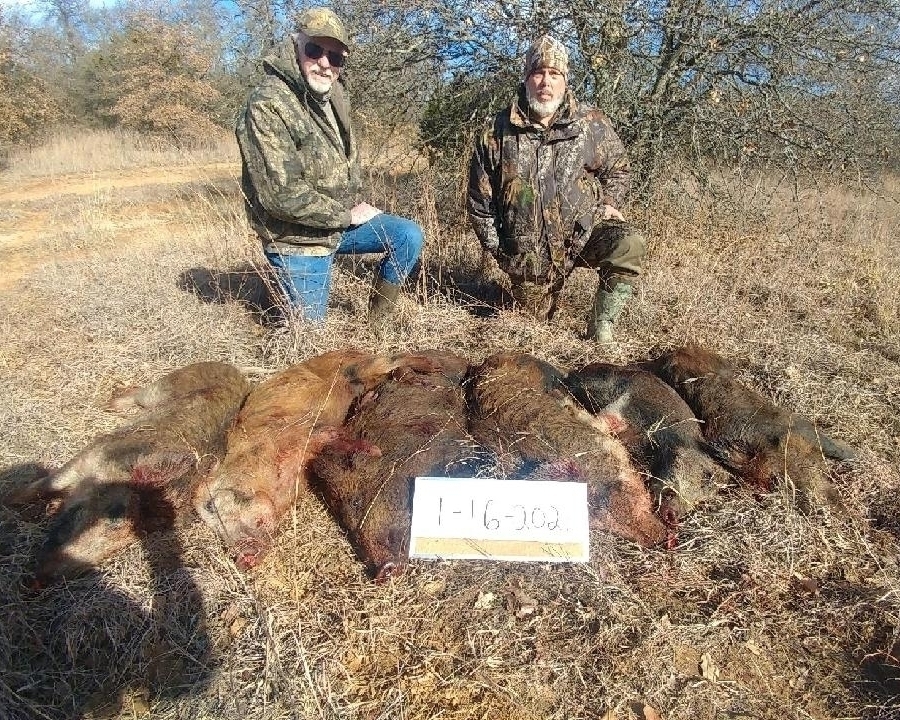Hog Hunting in NC: A Guide for Beginners and Seasoned Hunters
Feral hogs are a growing problem in North Carolina. These destructive animals wreak havoc on ecosystems and agricultural operations. Thankfully, hog hunts is a great way to help control the population while offering an exciting outdoor adventure. Whether you’re a seasoned hunter or just starting out, hog hunting in NC presents unique opportunities and regulations to be aware of.
Why Hog Hunting in NC?
There are several reasons why hog hunting in North Carolina is a popular activity:
- Abundant Population: Feral hogs are prevalent throughout the state, making them a readily available target for hunters.
- Year-Round Hunting: Unlike many game animals, there’s no closed season on feral hogs on private lands. You can hunt them year-round with proper licensing.
- No Bag Limits: There are no restrictions on the number of hogs you can take, making it an effective method for population control.
- Thrilling Experience: Hog hunting can be a challenging and exhilarating experience. These intelligent and sometimes aggressive animals require skill and strategy to track and harvest.
Understanding the Regulations
Before embarking on your hog hunts adventure, it’s crucial to understand the regulations in North Carolina. Here’s a breakdown of the key points:
- Hunting License: All hunters, except those exempt by law, need a valid NC hunting license.
- Night Hunting Permit: Night hunting requires a separate Feral Swine Hunting at Night Permit. This permit allows the use of firearms or archery equipment with lights during designated night hours (½ hour after sunset to ½ hour before sunrise). However, firearms cannot be used from midnight Saturday to midnight Sunday.
- Public vs. Private Lands: Regulations differ slightly between public and private lands. On public game lands, a permit is required for night hunting, and hogs can only be taken during the open season for any game animal using legal methods allowed during those seasons. Additionally, dog use for hog hunting on game lands is restricted to areas that permit dog hunting for deer or bear during their respective seasons.
It’s important to consult the latest NC Wildlife Resources Commission (NCWRC) Inland Fishing, Hunting, and Trapping Regulations Digest for the most up-to-date information.
Gearing Up for Hog Hunting in NC
Now that you understand the legalities, let’s explore the essential gear for a successful hog hunting trip:
- Firearm or Archery Equipment: Choose a reliable rifle, shotgun, or bow depending on your preference and hunting style. Consider factors like hunting distance, shot placement, and legal restrictions.
- Ammunition/Arrows: Select proper ammunition or arrows for your chosen weapon, ensuring they are effective for hog hunting.
- Hunting Clothing: Wear comfortable, camouflage clothing suitable for the weather conditions. Opt for blaze orange during daylight hours for safety.
- Boots: Durable, waterproof boots are crucial for navigating rough terrain and wet environments.
- Knife: A sharp knife is essential for field dressing your harvest.
- Headlamp/Flashlight: If hunting at night, a reliable headlamp or flashlight is a must.
- Calls (Optional): Electronic calls mimicking prey sounds can be used to attract hogs, but they are not always necessary.
Choosing Your Hunting Method
There are several effective methods for hog hunting in NC:
- Spot and Stalk: This technique involves actively searching for hogs in their natural habitat and getting close enough for a shot.
- Stand Hunting: Setting up a tree stand or ground blind near known hog trails or feeding areas allows you to ambush them as they pass by.
- Dog Hunting: Using trained dogs to track and bay hogs can be a successful method, especially on large properties. Be aware of regulations regarding dog use on public lands.
- Night Hunting: Hunting hogs at night with a light can be very effective, but it requires a permit and necessitates specific safety precautions.
Hunting Safety Tips
Safety is paramount when hunting. Here are some essential tips for hog hunting in NC:
- Always follow the Four Cardinal Rules of Gun Safety.
- Be aware of your surroundings and ensure a safe backstop before firing.
- Hunt with a buddy, especially for night hunting.
- Let someone know your hunting location and estimated return time.
- Identify your target clearly before shooting.
- Practice proper field dressing techniques to avoid spoilage.
Ethical Considerations in Hog Hunting
While hog hunting is a valuable population control method, it’s important to maintain ethical practices:
- Shot Placement: Ensure clean, humane shots to minimize suffering.
- Waste Not, Want Not: Utilize all edible portions of the hog or donate them to those in need.
- Respect the Environment: Leave no trace
Finding Your Hunting Ground
Once you’re geared up and understand the regulations and safety principles, it’s time to find a place to hunt. Here are some options:
Private Land:
- Landowner Permission: Securing permission from private landowners is crucial. Offer fair compensation or assistance with hog control efforts in exchange for hunting access.
- Hunting Leases: Consider leasing hunting rights on private land for exclusive access and potentially better hog populations.
Public Game Lands:
- NC Wildlife Resources Commission (NCWRC) manages numerous game lands throughout the state that allow hog hunting in NC. Research online or consult with the NCWRC for specific regulations and permit requirements for hunting hogs on game lands.
- Public hunting lands often require a Wildlife Management Area (WMA) permit, and some areas may have designated hunting seasons or quotas for hogs.
Guided Hunts:
- Guided hog hunting outfitters offer a convenient option, especially for beginners. They provide experienced guides, hunting locations, and sometimes even lodging and meals. This can be a great way to learn the ropes and experience successful hog hunting.
Conclusion
Hog hunting in NC offers a unique opportunity to participate in wildlife management, enjoy the thrill of the hunt, and potentially harvest delicious wild boar meat. By understanding the regulations, choosing the right gear and method, prioritizing safety, and acting ethically, you can have a successful and rewarding hog hunting experience in North Carolina.
Remember: Always check the latest NCWRC regulations before heading out. Hunting seasons and regulations can change, and it’s your responsibility to stay informed.

